About Us
The Global Initiative for Justice, Truth and Reconciliation brings together advocates, activists and practitioners from nine global organizations with expertise in a range of fields from psycho-social support and documentation to forensics and law. Together they assist communities in or emerging from conflict in creating just and peaceful futures.
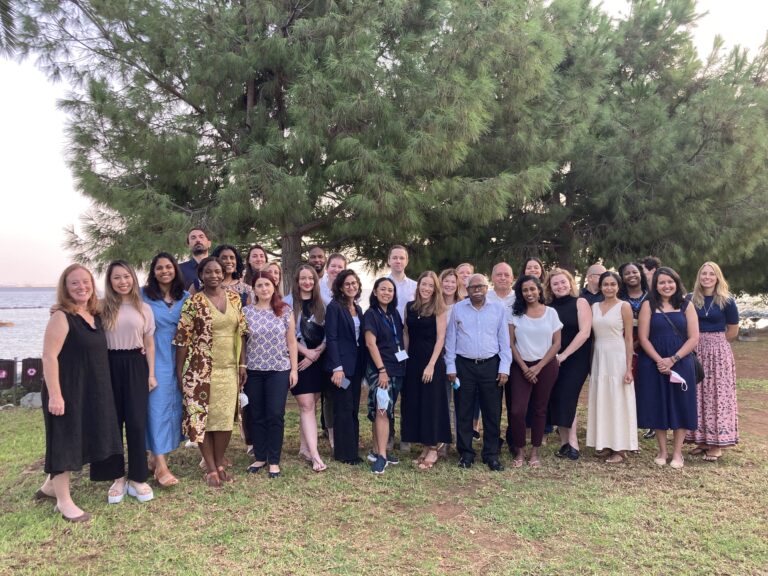
In countries coming to terms with violent pasts, true peace cannot take hold unless all facets of society – particularly marginalized groups such as women, minorities and survivors – play a central role in rebuilding their countries. To date, however, many transitional justice models have failed to actively involve these key voices, preferring instead top-down procedures that prioritize the experiences and opinions of those in power.
To correct this wrong, the Global Initiative for Justice, Truth and Reconciliation (GIJTR) was founded in 2014 by the International Coalition of Sites of Conscience (ICSC), a network of over 370 historic sites, museums and memory initiatives in 80 countries dedicated to connecting past struggles to contemporary movements for social justice. ICSC members themselves, particularly in Africa, Asia and the Middle East and North Africa, had increasingly expressed the need for grassroots truth, justice and reconciliation efforts to support national transitional justice processes. With its own expertise in memory and memorialization, ICSC responded by bringing together eight additional global organizations committed to promoting just and sustainable peace in countries in transition by engaging local civil society organizations, survivors and governments in a participatory, inclusive and holistic manner. Selected for their geographic diversity as well as a wide range of expertise, these organizations form the Global Initiative for Justice, Truth and Reconciliation.
Since its founding, GIJTR has engaged with people from 80 countries, worked with over 800 CSOs, and has supported over 500 community-driven projects and the collection of more than 8000 testimonies of human rights violations.
For more information on GIJTR’s partners, see below.
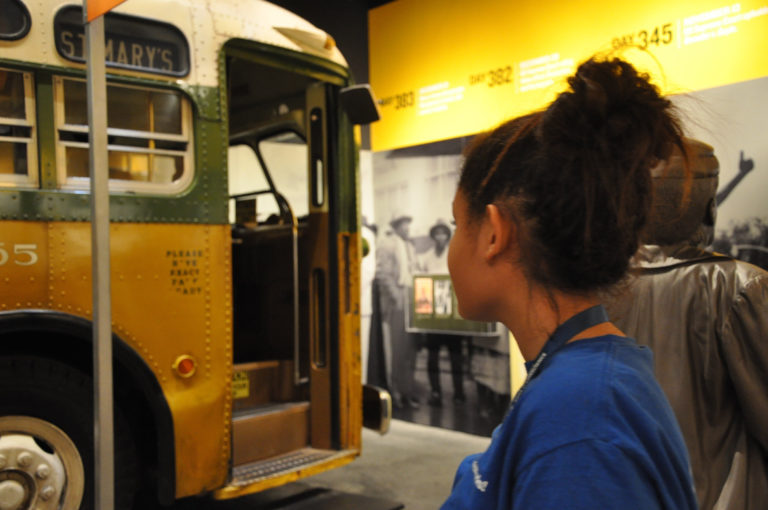
International Coalition of Sites of Conscience (ICSC)
The International Coalition of Sites of Conscience (ICSC) is the only worldwide network dedicated to transforming places that preserve the past into spaces that promote civic action. With more than 370 Sites of Conscience in 80 countries, ICSC engages tens of millions of people every year in using the lessons of history to take action on challenges to democracy and human rights today.
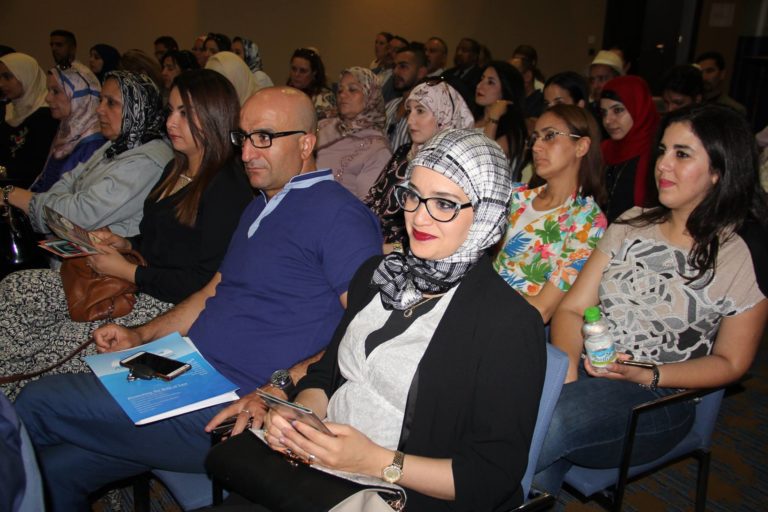
American Bar Association Rule of Law Initiative (ABA ROLI)
The American Bar Association Rule of Law Initiative (ABA ROLI) promotes justice, economic opportunity, and human dignity through the rule of law. ABA ROLI partners with justice sector actors in more than 50 countries to strengthen legal institutions and support legal professionals; to foster respect for human rights and access to justice; to support transitional justice and peace-building; and to advance inclusive and sustainable economic development.
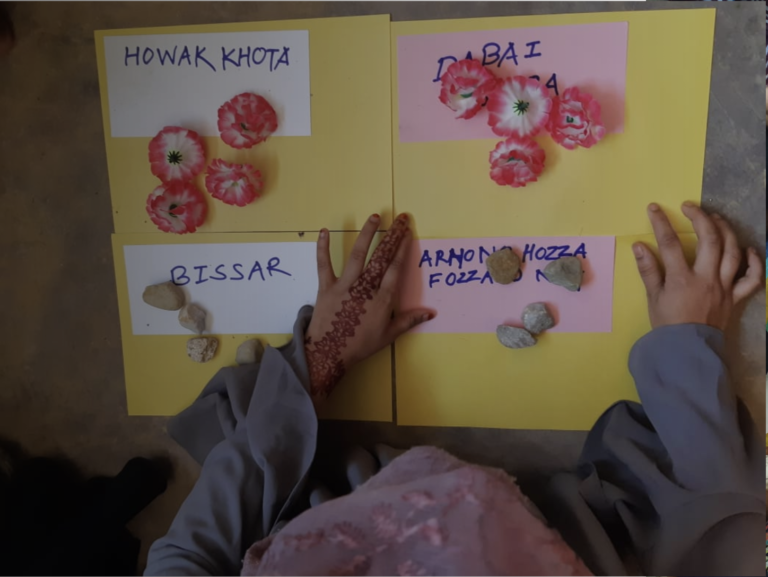
Asia Justice and Rights (AJAR)
Asia Justice and Rights (AJAR) works to strengthen accountability and human rights in the Asia-Pacific region. Focusing on countries involved in transition from a context of mass human rights violations to democracy, AJAR strives to build cultures based on accountability, justice and a willingness to learn from the root causes of mass human rights violations.

The Center for Justice and Accountability
The Center for Justice and Accountability (CJA) has established itself as a leading legal NGO in the United States, renowned for its expertise in developing innovative legal strategies to tackle violations of international humanitarian and criminal law. Leveraging its legal expertise and community of international legal experts, CJA develops collaborative relationships with and builds the capacity of its partners operating in conflict-affected or transitioning countries, who seek accountability for international crimes and advancing the international legal framework. Through collaborations with prominent international legal experts and a dedicated roster of pro bono lawyers, CJA has provided over $60 million in pro bono legal assistance to advance justice and human rights globally.
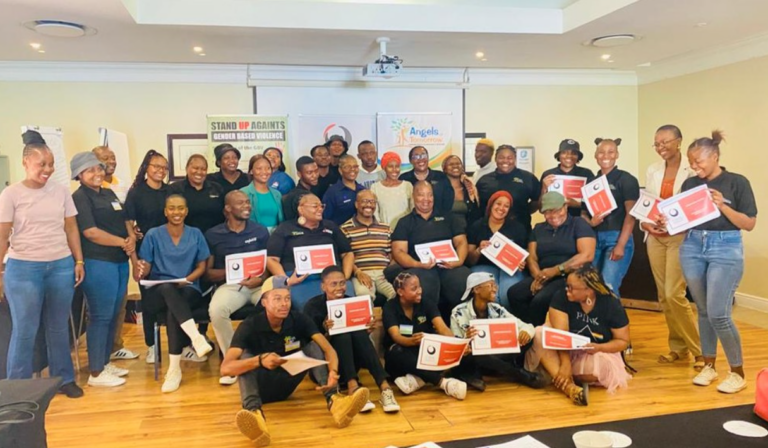
Centre for the Study of Violence and Reconciliation (CSVR)
Founded in 1989, the Centre for the Study of Violence and Reconciliation (CSVR) aims to understand and prevent root causes of violence in all its forms and address its consequences in order to build sustainable peace and reconciliation in South Africa and across the African continent. CSVR’s work addresses a wide range of forms of violence and conflict - past and present - including criminal, political, collective, and domestic and gender violence, as well as violence against children.
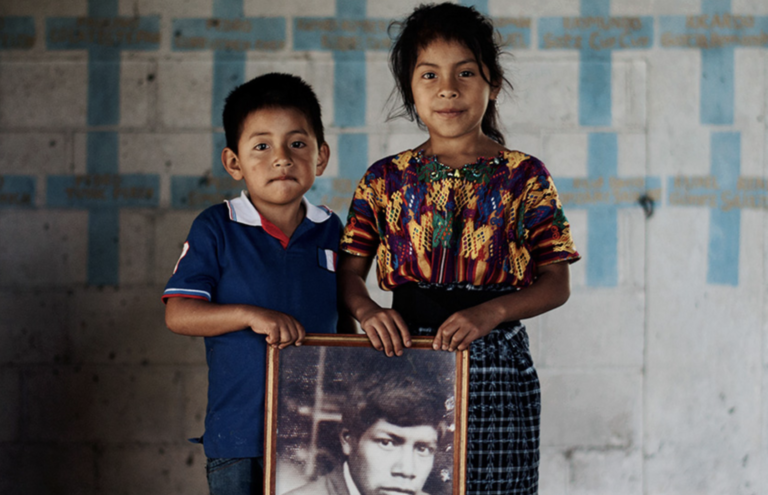
Forensic Anthropology Foundation of Guatemala
The Forensic Anthropology Foundation of Guatemala (FAFG) applies forensic scientific methodologies to investigations into the circumstances, whereabouts and identity of missing and disappeared persons to provide truth to victims and their families, assist in the search for justice and redress, and strengthen the rule of law. FAFG carries out investigations in a victim-centered, locally based approach in areas such as transitional justice, missing migrants, disaster victim identification, and citizen security.
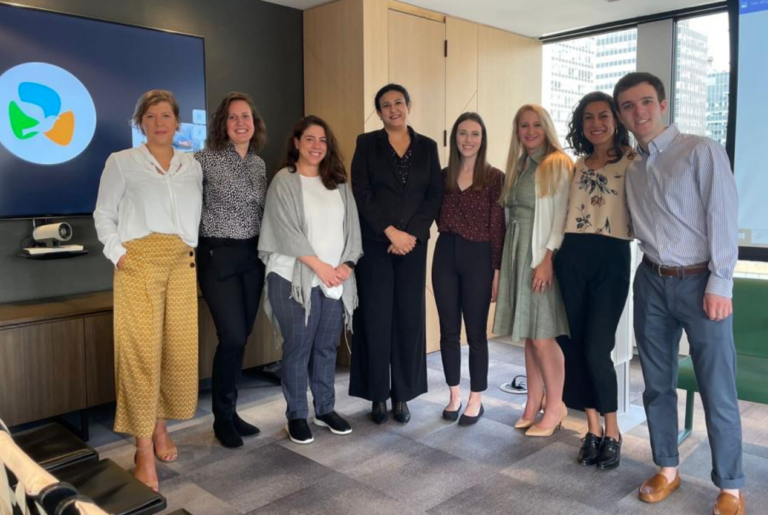
The Global Centre for the Responsibility to Protect
The Global Centre for the Responsibility to Protect seeks to prevent and halt mass atrocity crimes – genocide, war crimes, crimes against humanity and ethnic cleansing – by working with governments, civil society and international and regional organizations to effectively and consistently implement the principle of the Responsibility to Protect. Its research, analysis and advocacy frame particular situations with an atrocity prevention lens and provide concrete and specific recommendations that address existing and emerging atrocity risks.
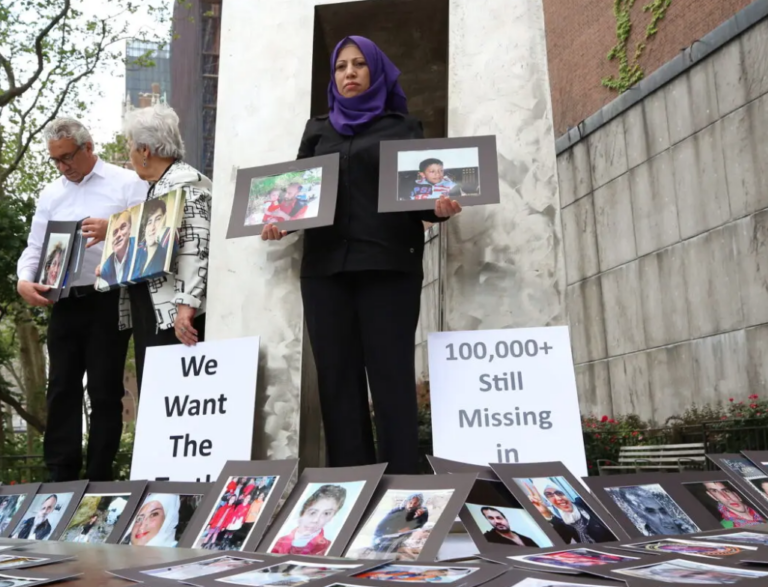
Impunity Watch
Impunity Watch is an international, non-profit organization working with victims of violence to uproot deeply ingrained structures of impunity, deliver redress for grave human rights violations, and promote justice and peace. For more than 15 years, Impunity Watch has worked in countries emerging from violent conflict, partnering with grassroots organizations to amplify the demands they make to national and international policymakers and by building partnerships and coalitions that can push for deeper systemic change.
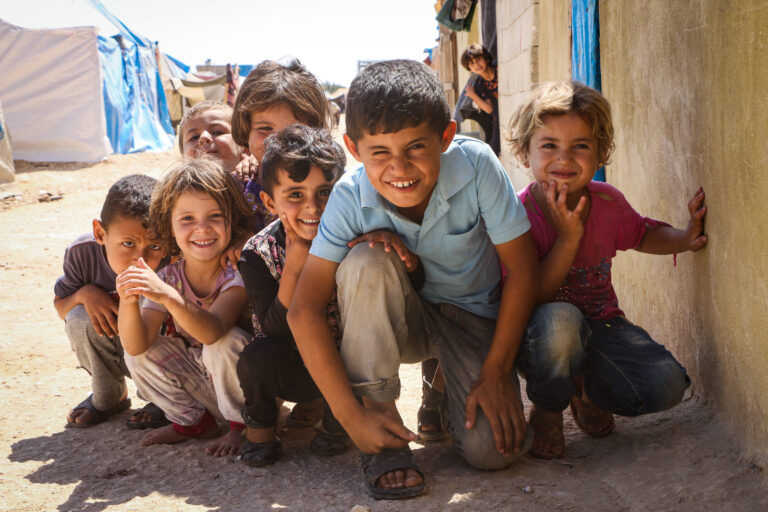
Justice Rapid Response
Justice Rapid Response (JRR) is the only global facility that provides rapidly deployable experts to investigate international crimes and serious human rights violations and to enable a holistic, gender-sensitive, and inclusive approach to justice.

Lex Collective
Lex Collective is a US-based 501(c)(3) organization building a global legal community where interdisciplinary legal services are available to all people. Through transnational, hybrid legal teams, and in partnership with impacted communities, Lex Collective seeks to address the most extreme forms of social, racial, economic, and environmental injustice around the world. Lex Collective works in the following five Practice Groups: Banking & Atrocity Crimes; Environmental Crimes & Climate Crisis; Human Trafficking & Exploitation; Investigation & Litigation; and Sanctions. Through its work, Lex Collective focuses on: (1) knowledge sharing; (2) investigation and strategic litigation; and (3) advocacy and legal reform. Currently, Lex Collective has members in over 21 countries across five continents. The Practice Groups' work is focused on the following countries: Brazil, Sudan, Uganda, Cambodia, Singapore, Hong Kong, Ukraine, Russia, Moldova, Armenia, Palestine, the UK, Western Europe, and the US.

Search for Common Ground
Founded in 1982, Search for Common Ground (Search) is the world’s largest peacebuilding organization working to build healthy, safe, and just societies by addressing the root causes of conflict and promoting accountability, reconciliation, and human rights. Active in 33 countries across Africa, Asia, and the Middle East, with more than 900 employees, Search works with actors at all levels including grassroots organizations to top-level leaders to develop locally adapted responses to a wide range of issues. Through its peacebuilding work, Search has extensive experience supporting transitional justice processes. In Rwanda, Liberia, and Sierra Leone, Search provided transitional justice experts and leveraged its training modules, to introduce stakeholders to various approaches, lessons learned, and best practices from the field. Through its local presence and expertise, Search supports local dialogues among communities, facilitates civil society organization forums and advocacy, and supports direct action to address identified community needs related to key peace and conflict concerns. Search also promotes the rights of women and other marginalized groups in transitional justice processes, ensuring that women's voices are heard in peace negotiations and that their experiences of violence and discrimination are addressed in transitional justice mechanisms. Lastly, its media and trauma healing work enables them to bring together diverse stakeholders across dividing lines to build trust and understanding –which can lead to more inclusive and collaborative peace and justice processes.

Swisspeace Foundation
The Swiss Peace Foundation is a practice-research institute, associated to the University of Basel, advancing effective peacebuilding. Swisspeace is organized around thematic teams, consisting of researchers and practitioners: “Dealing with the Past (DwP)” supports governmental and non-governmental actors working to address the legacy of massive human rights violations and breaches of international humanitarian law having occurred in colonialism, armed conflict, and authoritarian regimes and to prevent their reoccurrence. Swisspeace also supports actors preparing for future DwP processes. “Mediation” provides support to mediation and dialogue processes, giving advice to mediators and conflict parties and running inclusion formats. “Statehood” focuses on state formation and state-building processes as well as governance frameworks, in conflict contexts. “Business” analyses how businesses invest in low-income and fragile countries; and advises companies and governments on responsible conduct. Additional teams work on “Policy & Platform,” “Gender” and “Digital Peacebuilding.” Swisspeace works in Asia (Afghanistan, Sri Lanka, Caucasus region, including Russia, Georgia and Armenia, Cambodia, Myanmar, and Philippines), Europe (Albania, Bosnia-Herzegovina, and Kosovo); Middle East and North Africa (Egypt, Syria, and Palestine/Israel); Africa (Cote d’Ivoire, Mali, Guinea, Liberia, Sierra Leone, Cameroon, South Sudan, Burundi, DRC, Rwanda, Uganda, Mozambique, Tanzania, and Angola) and Latin America (Guatemala, El Salvador, Honduras, Mexico, Peru, and Colombia).

Synergy for Justice
Synergy for Justice (Synergy) is a women-led, multidisciplinary team working to enhance justice and end impunity for torture, sexual violence, and human rights violations. In collaboration with partner organizations, Synergy ensures that survivors of torture and sexual violence can access justice, receive the care they need to heal, and fully participate in society. Synergy provides technical support to justice actors as they investigate, build, and prosecute cases to ensure accountability for crimes of torture and conflict-related sexual violence (CRSV). A key component of Synergy's work with justice actors and systems is helping them recognize and eliminate stigma related to sexual violence. Synergy’s Stigma Toolkit equips justice actors and systems to become survivor-centric, trauma-informed, and capable of delivering the predictable and rigorous justice necessary to end impunity for CRSV. Synergy also partners with grassroots organizations to help survivors access resources for healing and address the stigma of sexual violence and the embedded beliefs that prevent survivors from reconnecting with their families and communities. Synergy works with Syrian women activists and leaders, elevating Syrian women’s voices and increasing their engagement in truth, justice, and accountability processes to address the gendered experiences and impacts of human rights violations committed against Syrian women and girls.

Team for Egalitarian Emancipation and Transformation (TEGET)
Team for Egalitarian Emancipation and Transformation (TEGET) is an association established to support the development of civil society organizations dealing with the protection of human rights and gross human rights violations. The TEGET team members have built their experience and expertise on years of working worldwide with civil society organizations from various post-conflict backgrounds (Balkans, Iraq, Sudan, South Sudan, Guinea, Myanmar, and Colombia) and in different areas of transitional justice. The TEGET team activities are focused primarily on all aspects of documenting human rights violations, digital security, and the application of new technologies to various human rights processes. TEGET’s mission is to share and transfer knowledge and expertise to enable civil society organizations with fewer resources to operate in a more egalitarian civil society setting and, therefore, be more autonomous in their efforts to attain equality, liberation from injustice, to advocate for good governance and accountability, and promote positive and holistic social change. In addition to its core focus areas, TEGET remains flexible and responsive to emerging challenges and opportunities within the realm of human rights and transitional justice, adapting its support and interventions to address evolving needs and contexts.

VIDERE
Videre is a UK registered charity that works in closed and repressive societies, exposing mass violence and other gross violations of human rights by equipping persecuted and marginalized communities with tools, training, and technology to document abuses, demand accountability, and secure justice. Videre works directly with victim and survivor communities to verify and distribute this information to those who can best use it, including formal and informal transitional justice initiatives, courts, lawyers, policymakers, civil society, and the media. Videre brings technical expertise in gathering and verifying visual documentation of human rights violations in closed societies; providing training and support to victim and survivor communities on how to document safely and securely; how to capture verifiable visuals; supplying situation-specific technology and communications tools; and securely storing and distributing documentation to stakeholders. Videre has on-the-ground experience implementing its methodology in sub-Saharan Africa, the Middle East, and Southeast Asia, with an equity based methodology that can be applied globally. Its proven model harnesses the power of ground-sourced visuals to reveal the abuses faced by marginalized communities, using innovative strategies to gain measurable traction around accountability and justice actions, galvanizing disparate stakeholders into action, and increasing their ability to connect root causes and drivers of human rights abuses that are all too often viewed in isolation. Over the last decade and across three continents, these efforts have informed institutional agendas, buttressed the rule of law, and supported the drive for accountability in multiple fora.
